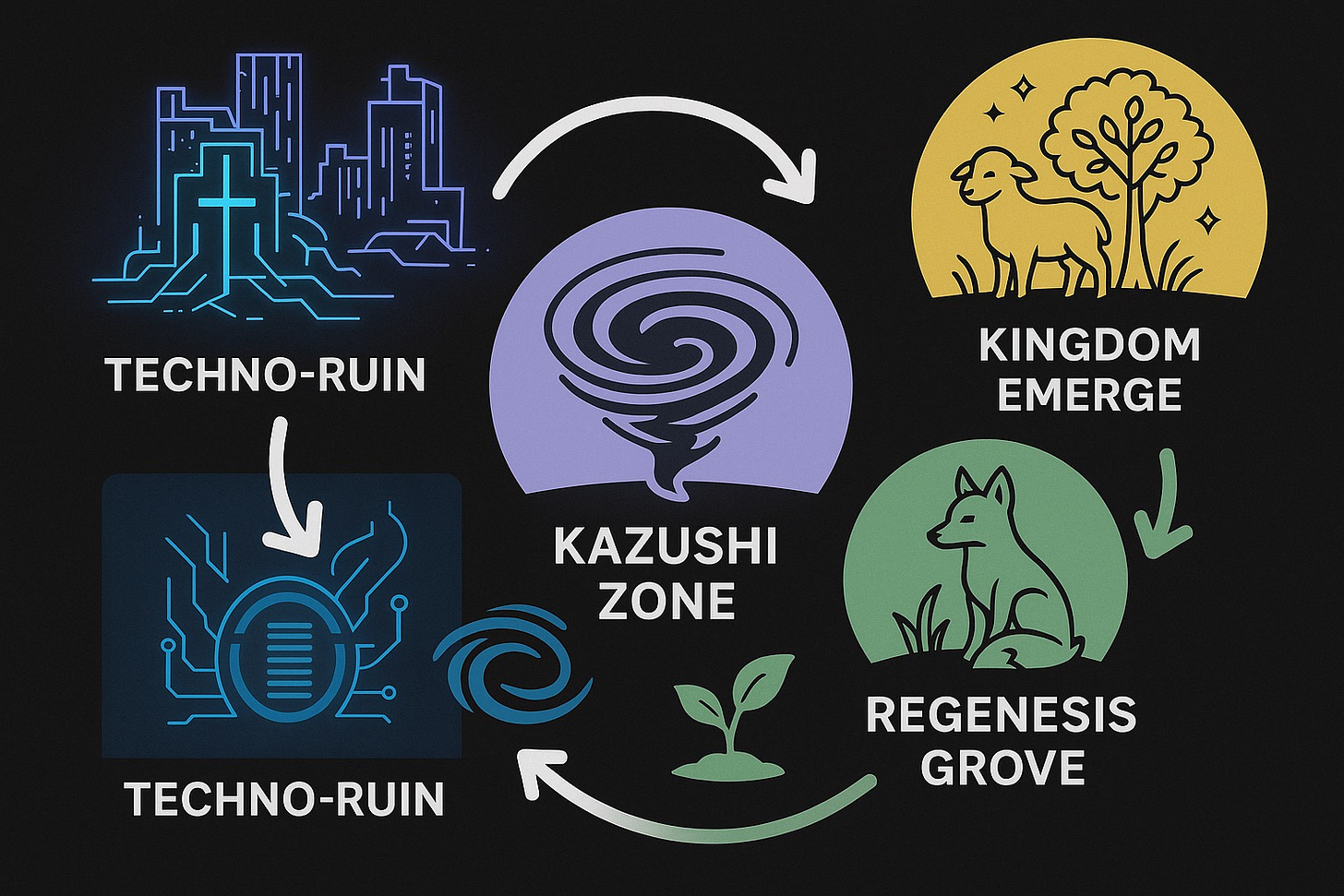✊🏽👂🏾🤟📖 Not Slave but Shepherd
Why the Bible Doesn’t Mean What You Think
The Bible Means What It Says
Not What YOU Think (Unless You’re Reading It)
“After the death of Moses the servant of the LORD…” — Joshua 1:1
🔑 The Problem:
We read the Bible today using modern words that carry modern baggage. And one of the most dangerous words in this regard is “slave.”
To most of us, slave means:
Owned like property
Treated as less than human
Deprived of freedom, future, and dignity
And especially in America, “slave” evokes racism—chattel slavery, the legacy of the British, Dutch, and allied (but not necessarily German, Irish, or Italian—unless you mean those who were enslaved) plantation-fueled, Darwinian bigotry.
Evil is obvious.
But now, thanks to a steady stream of post-WWII regime propaganda, Americans recoil when they hear the Bible say “slave” or “servant”—especially in the Old Testament, or when Paul calls himself a “slave of Christ.”
That’s a big problem: we are stepping away from Scripture based on a word that no longer means what it meant.
Whether this change was engineered or accidental is less important than this:
→ You need to get the gold for your soul. Today.
🕯️ The Truth: Not All Servitude Is Slavery
The Hebrew word used in the Bible for “servant” or “slave” is עֶבֶד (ʿeved).
It’s the same word used for:
Moses — “servant of the LORD”
The prophets
The Messiah in Isaiah’s Suffering Servant songs
It doesn’t mean “subhuman.”
It means someone who belongs to someone else in a covenantal relationship.
Often it’s a trusted role—like an estate manager or household steward.
🗣️ What About “Slave”?
Here’s where it gets wild.
The English word “slave” didn’t even exist during the New Testament era.
It enters English after the 1200s—and where does it come from?
From the word “Slav”—the Slavic peoples of Eastern Europe.
That’s right. Slave was originally a racist term for “Slavic person.”
During the early Middle Ages, Slavs were conquered, kidnapped, and sold across Europe, primarily by Roman Catholic and Islamic powers.
Their lands were ravaged.
Their languages weren’t understood.
So they were treated as permanent outsiders—mute, disposable, subhuman.
They couldn’t speak the master’s language.
So they became property.
📖 Servants Speak. Slaves Are Silenced.
That’s the key difference.
A servant belongs in the household.
He’s recognized. Trusted. Heard.
In fact, the Proto-Indo-European root that eventually formed the Latin servire comes from a word meaning:
“Shepherd”
“Protector”
And—most importantly—“word-bearer.”
But a slave, as the word evolved, is someone cut off from all that:
Usually because of race, tribe, or language.
The voiceless become the disposable.
This isn’t just historical—it’s biblical.
🔥 Egypt: The Prototype of Racial Slavery
The Israelites weren’t slaves at first.
They were immigrants—wise shepherds, respected during the Hyksos (or “Habaru”) period between Egypt’s Middle and New Kingdoms.
But when power changed, and prosperity turned to fear, a new Pharaoh arose.
“He did not know Joseph…”
So he cast them as enemies.
He dehumanized them.
He subjected them to “hard bondage”—slavery, not servitude.
By the time babies were being thrown into rivers, they were no longer people—just bodies. Nameless. Soulless. Voiceless.
🪖 Where Racism Comes From
This is why “race” and “slavery” are so tied together in modern history.
“Race” is a modern word—a construct created to justify why entire people groups, like the Slavs, could be permanently subjugated.
Not because of what they did—but because of who they were.
It didn’t begin with Darwin, but it ended with Darwin:
“They are the monkeys.”
“We are the apes.”
Dehumanization complete.
And now? The word “slave” has fallen out of honest use.
We borrow it from 1942 war propaganda, alongside euphemisms like “servicing” and “industry.”
We don’t even have a good word anymore to talk about bondage—unless it’s our mortgage.
✝️ So What Right Does the Bible Have?
All people are created in the image of God.
All people are born into service—first to above, then to below in due season.
Jesus Himself took the form of a servant, the Son who gives all for the Name of the Father (Philippians 2:7).
In the Bible, servants—not masters—are exalted:
Moses
Paul
Christ
…and you.
In God’s household, to be a servant is not to be owned, but to be entrusted—called into faithful stewardship of what is not your own.
It is never about race.
It is always about the new caste of the Everlasting Kingdom.
Servitude, rightly ordered, is worship.
It is freedom to serve the God who is Father, Friend, and King.
💡 So What Now?
Next time someone recoils at the Bible’s use of “slave” or “servant,” show them this:
The Bible speaks of servanthood as a calling of dignity.
Modern slavery is a perversion—rooted in modern bigotries, shaped by ignorance, and sealed by the language of fear.
Speak the Word. Speak the truth.
And above all, treat every servant and act of service in your midst—
From the kitchen
To the lawn worker
To the stranger at your gate
—not as lost time, but as holy ground.
“Whatever your hand finds to do, do it with all your might… in Jesus’ Name.” (Ecclesiastes 9:10, Colossians 3:17)






